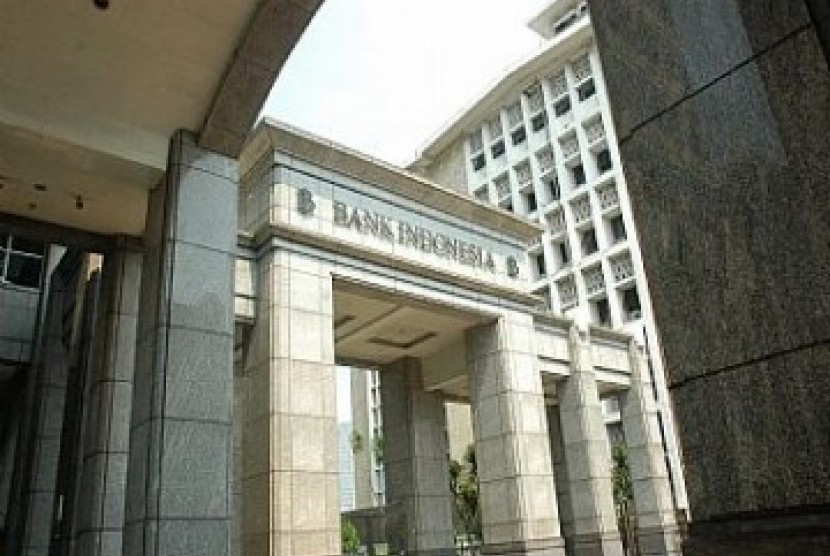REPUBLIKA.CO.ID, JAKARTA -- Indonesia's Balance of Payments (BOP) in Q4/2018 experienced a surplus, thus supporting the external resilience. After experiencing a deficit in the previous quarter, the BOP in the fourth quarter of 2018 registered a surplus of US$5.4 billion, supported by an increase in the capital and financial account surplus, Bank Indonesia (BI) Executive Director for Communications Agusman noted in a statement here on Tuesday.
With this development, the official reserve asset position at the end of December 2018 increased to $120.7 billion, equivalent to 6.5 months of imports and government foreign debt, and was above the international adequacy standard of around 3 months of imports, he stated. The capital and financial account surplus in Q4/2018 increased significantly as a reflection of strong investor confidence in the domestic economy outlook.
Agusman noted that the capital and financial account surplus was recorded at $15.7 billion, a significant increase compared to the surplus in the previous quarter of $3.9 billion. This increase was mainly supported by the improvement in portfolio investment performance, in line with a surge in foreign capital inflows on domestic financial assets.
The increased surplus was also supported by the global bond issuance by government and corporations. In addition, optimism on Indonesia's economic prospects has encouraged domestic businesses to withdraw their deposits at offshore banks to meet business needs, causing a surplus in other investments.
Meanwhile, the current account deficit in Q4/2018 increased in line with strong domestic demand. The current account deficit in the fourth quarter of 2018 was recorded at $9.1 billion (3.57 percent of GDP), higher than the deficit in the previous quarter of $8.6 billion (3.28 percent of GDP).
The increase in the current account deficit was affected by a decline in the non-oil and gas trade performance due to high imports in line with domestic demand, which was still strong amid limited export performance. Nevertheless, better improvements in the primary income balance and services trade balance can reduce the widened deficit.
The improvement in the primary income balance was mainly related to lower government debt security interest payments. increased surplus in travel services, among others, was supported by the holding of the Asian Para Games in Jakarta and the IMF Annual Meeting - World Bank in Bali.



